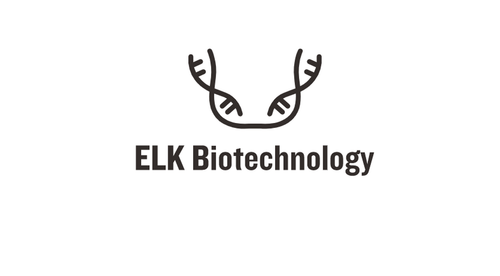Product Description
Human Acid sphingomyelinase (ASM) ELISA Kit | AE18067HU | Abebio
Species Reactivity: Human (Homo sapiens)
Abbreviation: SMPD1
Alternative Name: ASM; NPD; acid sphingomyelinase
Application: ELISA
Range: 0.156-10 ng/mL
Sensitivity: 0.057 ng/mL
Intra-Assay: ≤4.1%
Inter-Assay: ≤7.5%
Recovery: 0, 95
Sample Type: Serum, Plasma, Other biological fluids
Detection Method: Sandwich
Analysis Method : Quantitive
Test Principale: This assay employs a two-site sandwich ELISA to quantitate SMPD1 in samples. An antibody specific for SMPD1 has been pre-coated onto a microplate. Standards and samples are pipetted into the wells and anySMPD1 present is bound by the immobilized antibody. After removing any unbound substances, a biotin-conjugated antibody specific for SMPD1 is added to the wells. After washing, Streptavidin conjugated Horseradish Peroxidase (HRP) is added to the wells. Following a wash to remove any unbound avidin-enzyme reagent, a substrate solution is added to the wells and color develops in proportion to the amount of SMPD1 bound in the initial step. The color development is stopped and the intensity of the color is measured.
Product Overview: Sphingomyelin phosphodiesterase or simply Sphingomyelinase (SMase) is a hydrolase enzyme that is involved in sphingolipid metabolism reactions. SMase is a member of the DNase I superfamily of enzymes and is responsible for breaking sphingomyelin (SM) down into phosphocholine and ceramide. The activation of SMase has been suggested as a major route for the production of ceramide in response to cellular stresses. Sphingomyelin phosphodiesterase 1, acid lysosomal (acid sphingomyelinase), also known as SMPD1, is a human sphingomyelin phosphodiesterase. Defects in SMPD1 gene cause Niemann-Pick disease, SMPD1-associated.
Stability: The stability of ELISA kit is determined by the loss rate of activity. The loss rate of this kit is less than 5% within the expiration date under appropriate storage condition. The loss rate was determined by accelerated thermal degradation test. Keep the kit at 37°C for 4 and 7 days, and compare O.D.values of the kit kept at 37°C with that of at recommended temperature. (referring from China Biological Products Standard, which was calculated by the Arrhenius equation. For ELISA kit, 4 days storage at 37°C can be considered as 6 months at 2 - 8°C, which means 7 days at 37°C equaling 12 months at 2 - 8°C) .
 Euro
Euro
 USD
USD
 British Pound
British Pound
 NULL
NULL












